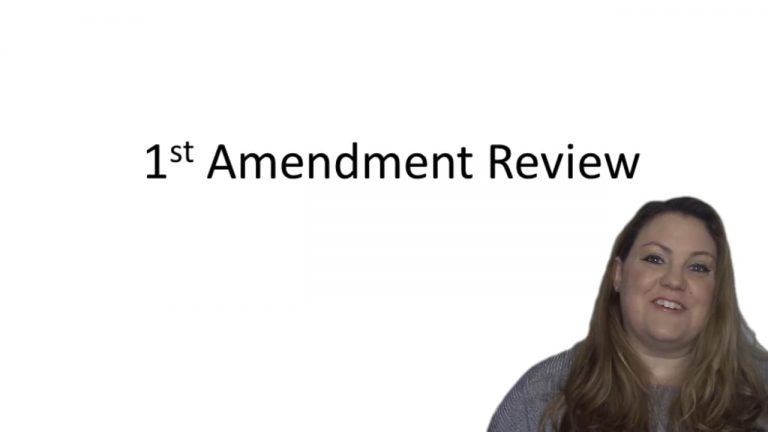SmartBrief
Confirm favorite deletion?
Criminal Law Keyed to Kennedy
State of Vermont v. Rebekah S. VanBuren
Citation:
2018 WL 417776 (2018)Facts
A complainant contacted police after she discovered that someone had posted naked pictures of her on a Facebook account belonging to Anthony Coon. Complainant called Mr. Coon and left a message asking that the pictures be deleted. The defendant called complainant back on Mr. Coon’s phone and she called complainant a “moraless pig” and told her that she was going to contact complainant’s employer, a child-care facility. When complainant asked defendant to remove the pictures, defendant responded that she was going to ruin complainant and get revenge.
Complainant told police that she had taken naked pictures of herself and sent them to Mr. Coon through Facebook Messenger. She advised that the pictures had been sent privately so that no one else could view them. Defendant admitted to the officer that she saw complainant’s pictures on Mr. Coon’s Facebook account and that she posted them on Facebook using Mr. Coon’s account. Defendant asked the officer if he thought complainant had “learned her lesson.” Defendant described herself as Mr. Coon’s girlfriend.
The defendant was charged by information of violating 13 V.S.A. § 2606(b)(1). She filed a motion to dismiss, arguing that violated the First Amendment because it restricted protected speech and it could not survive strict scrutiny. Defendant also asserted that complainant had no reasonable expectation of privacy because she took the pictures herself and messaged them to Mr. Coon without any promise on his part to keep the pictures private. Defendant cited 13 V.S.A. § 2606(d)(1).
The trial court granted the motion. The State appealed, requesting that the court review the trial court’s ruling that 13 V.S.A. § 2606(b)(1) is unconstitutional.
Only StudyBuddy Pro offers the complete Case Brief Anatomy*
Access the most important case brief elements for optimal case understanding.
*Case Brief Anatomy includes: Brief Prologue, Complete Case Brief, Brief Epilogue
- The Brief Prologue provides necessary case brief introductory information and includes:
Topic:
Identifies the topic of law and where this case fits within your course outline.Parties:
Identifies the cast of characters involved in the case.Procedural Posture & History:
Shares the case history with how lower courts have ruled on the matter.Case Key Terms, Acts, Doctrines, etc.:
A case specific Legal Term Dictionary.Case Doctrines, Acts, Statutes, Amendments and Treatises:
Identifies and Defines Legal Authority used in this case.
- The Case Brief is the complete case summarized and authored in the traditional Law School I.R.A.C. format. The Pro case brief includes:
Brief Facts:
A Synopsis of the Facts of the case.Rule of Law:
Identifies the Legal Principle the Court used in deciding the case.Facts:
What are the factual circumstances that gave rise to the civil or criminal case? What is the relationship of the Parties that are involved in the case.Issue(s):
Lists the Questions of Law that are raised by the Facts of the case.Holding:
Shares the Court's answer to the legal questions raised in the issue.Concurring / Dissenting Opinions:
Includes valuable concurring or dissenting opinions and their key points.Reasoning and Analysis:
Identifies the chain of argument(s) which led the judges to rule as they did.
- The Brief Prologue closes the case brief with important forward-looking discussion and includes:
Policy:
Identifies the Policy if any that has been established by the case.Court Direction:
Shares where the Court went from here for this case.
Topic Resources
Topic Outline

 8m 2s
8m 2s